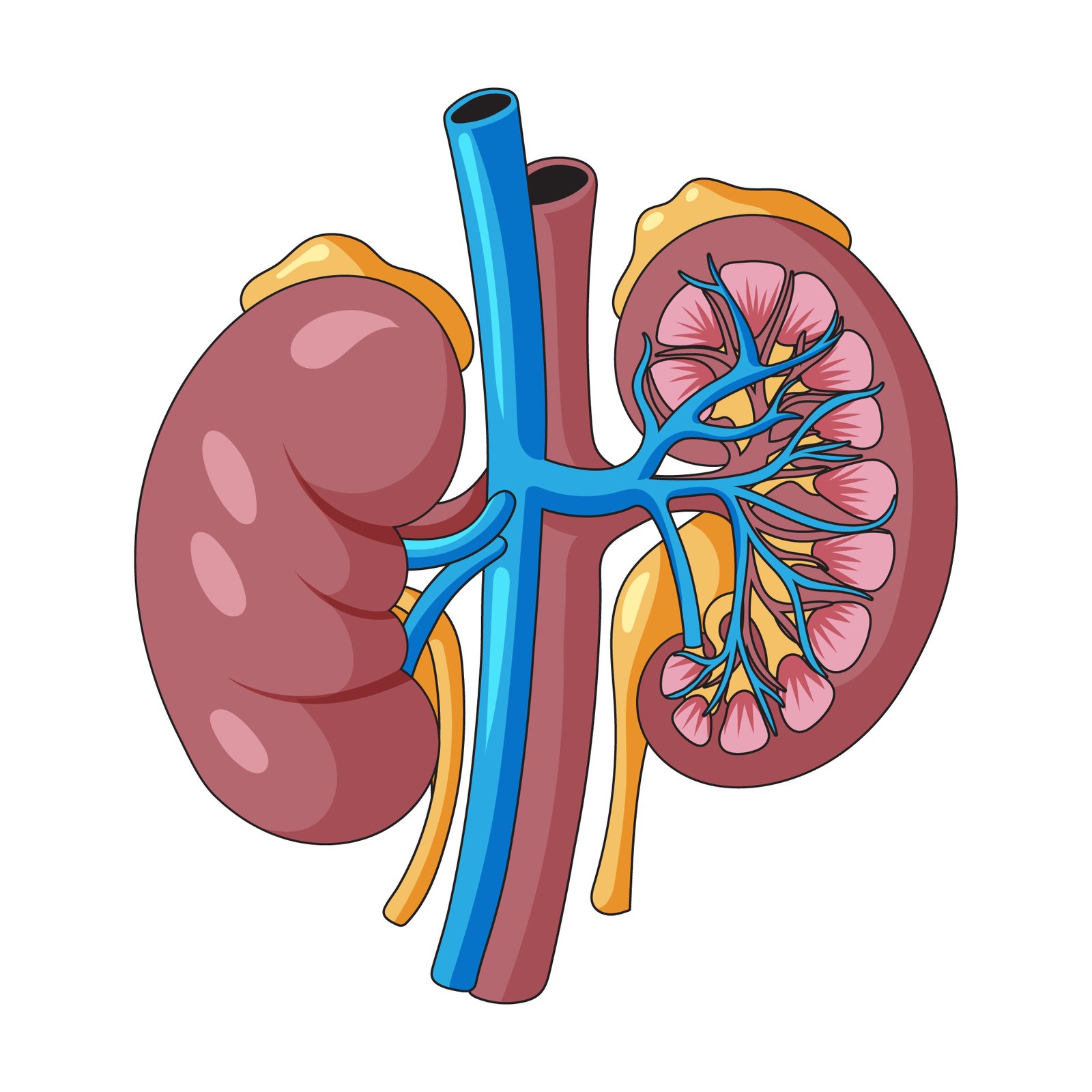Overview
Alport Syndrome is a genetic disorder that primarily affects the kidneys, ears, and eyes. It leads to progressive kidney damage, hearing loss, and sometimes vision problems. Early diagnosis and treatment can help manage symptoms and slow disease progression.
What is Alport Syndrome?
Alport Syndrome is caused by mutations in genes responsible for producing type IV collagen, a key structural protein in the kidney’s filtering units, the inner ear, and the eye. The disease impairs the function of these organs, leading to chronic kidney disease, hearing impairment, and eye abnormalities.
Symptoms
- Blood in the urine (hematuria), often the first symptom
- Protein in the urine (proteinuria)
- Gradual loss of kidney function
- Hearing loss, usually starting in late childhood or adolescence
- Eye changes, such as a distinctive lens shape (anterior lenticonus) or retinal abnormalities
Causes
Genetic mutations in COL4A3, COL4A4, or COL4A5 genes affect the production of type IV collagen, weakening the structure of basement membranes in kidneys, ears, and eyes.
Risk Factors
- Family history of Alport Syndrome
- Being male (especially in X-linked inheritance) since males often experience more severe symptoms
- No environmental factors; strictly inherited genetically
Complications
- Chronic kidney disease and eventual kidney failure
- Progressive sensorineural hearing loss
- Vision problems due to eye abnormalities
- High blood pressure related to kidney damage
Prevention
There is no way to prevent Alport Syndrome as it is genetic. However, genetic counseling and early screening in families with a history of the disorder can help in early detection and management.
Treatment Options in Korea
- Regular monitoring of kidney function and hearing
- Medications like ACE inhibitors to reduce kidney damage
- Hearing aids or cochlear implants for hearing loss
- Kidney transplantation for end-stage kidney failure
- Genetic counseling and testing services are widely available in Korean medical centers
- Access to specialized nephrology and audiology care with multidisciplinary teams
Korea offers advanced healthcare facilities that focus on genetic diseases, ensuring patients with Alport Syndrome receive comprehensive diagnosis, treatment, and support.













